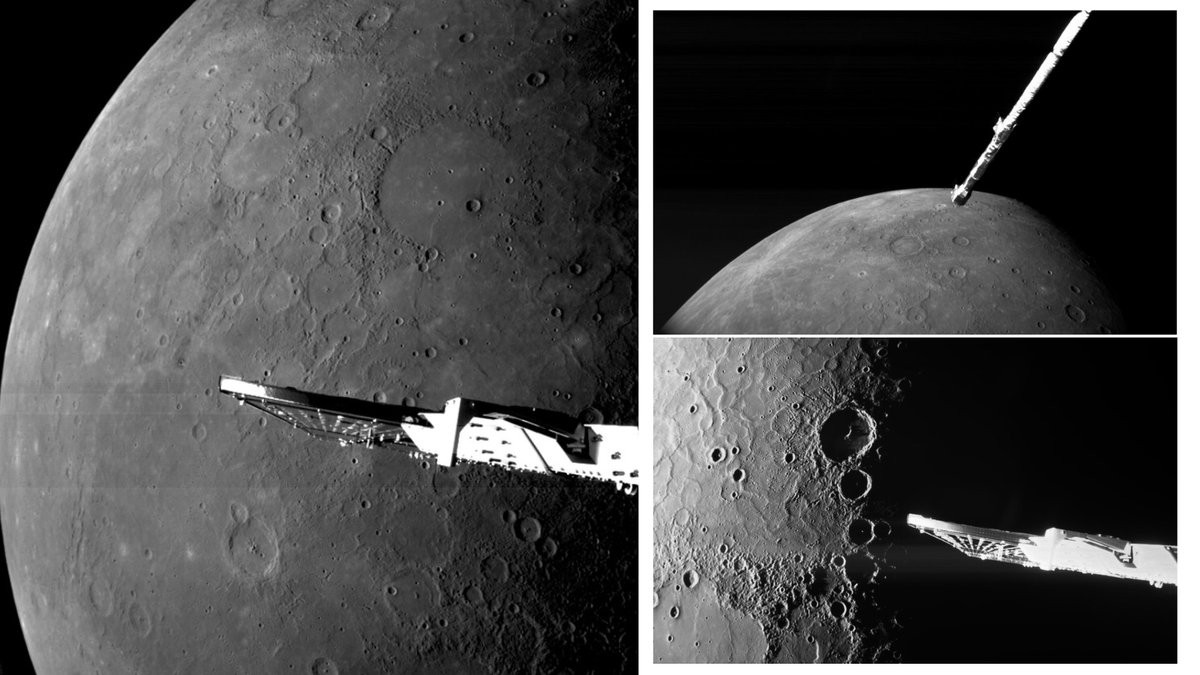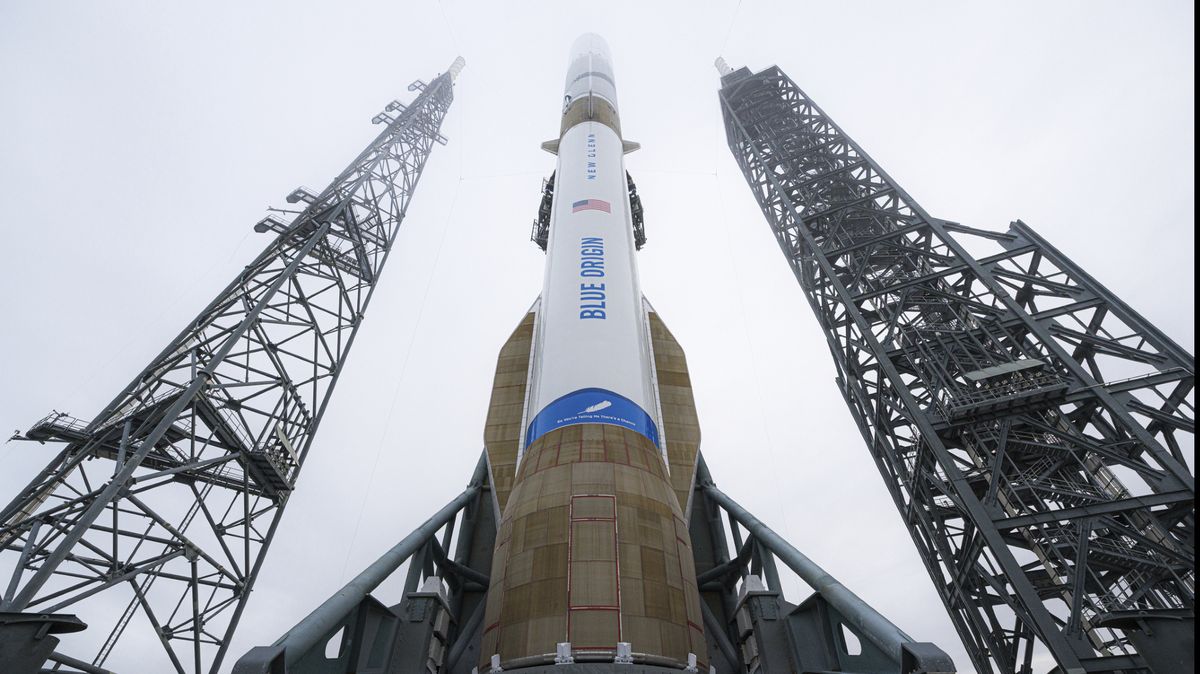
Kidney damage caused by medications, known as drug-induced kidney injury or nephrotoxicity, is a frequent issue in medical treatments. Certain drugs, such as those used for inflammation, infections, cancer, or HIV, can harm the kidneys.
When this happens, doctors often have to stop or limit the use of these medicines, which can affect treatment outcomes.
Now, researchers have identified six new biomarkers that can detect kidney injury earlier and more accurately. This breakthrough could improve drug safety and help protect patients from long-term kidney problems.
The study, published in Clinical Pharmacology & Therapeutics, introduces these biomarkers as a more sensitive and faster way to monitor kidney health. Current methods rely on tests like serum creatinine, which measure kidney function through blood tests.
However, these tests often fail to detect damage quickly, as they can take several days to show abnormal results. By the time issues appear, the damage may already be severe.
Dr. Sushrut Waikar, Chief of Nephrology at Boston Medical Center and lead author of the study, explains that the new biomarkers are more responsive. Unlike traditional methods, these biomarkers, which are proteins found in urine, can detect kidney damage within 24 hours of it occurring.
This faster detection could help doctors monitor patients more effectively, especially during treatments that are known to strain the kidneys, such as chemotherapy.
To identify the biomarkers, the research team studied urine samples from two groups. The first group included healthy volunteers, while the second consisted of patients undergoing treatment for mesothelioma, a type of cancer.
These patients were receiving a chemotherapy drug known for its toxic effects on the kidneys.
The researchers discovered that the six biomarkers, which are produced by the kidneys in response to injury or inflammation, showed clear signs of kidney damage much earlier than traditional blood tests.
The potential applications of these biomarkers go beyond chemotherapy. The research team believes they could be used widely in clinical trials to monitor kidney health when testing new drugs.
This would allow scientists to identify potential kidney-related side effects earlier, making drug development safer. Additionally, these biomarkers could help doctors intervene sooner to prevent long-term kidney damage in patients receiving high-risk treatments.
Dr. Waikar emphasizes the importance of this discovery, stating that early detection of kidney injury can lead to better outcomes for patients. By using these biomarkers, clinicians could adjust treatments more quickly to avoid serious complications.
This approach not only protects patients but also opens the door to more tolerable medication options, reducing the need to discontinue effective therapies due to kidney concerns.
The researchers hope their findings will encourage further studies to expand the use of these biomarkers. In the future, they could become a standard tool for monitoring kidney health in both clinical settings and during drug development.
Dr. Waikar, who also teaches at Boston University, believes this research could improve strategies for protecting kidney function and enhance patient care.
This discovery has the potential to transform how kidney damage is detected and managed. By identifying problems earlier, doctors can reduce the risk of permanent harm, improve health outcomes, and ensure safer treatments for patients.
If you care about high blood pressure, please read studies that drinking tea could help lower blood pressure, and early time-restricted eating could help improve blood pressure.
For more health information, please see recent studies about added sugar in your diet linked to higher blood pressure, and results showing vitamin D could improve blood pressure in people with diabetes.
The research findings can be found in Clinical Pharmacology & Therapeutics.
Copyright © 2025 Knowridge Science Report. All rights reserved.









Leave a Comment